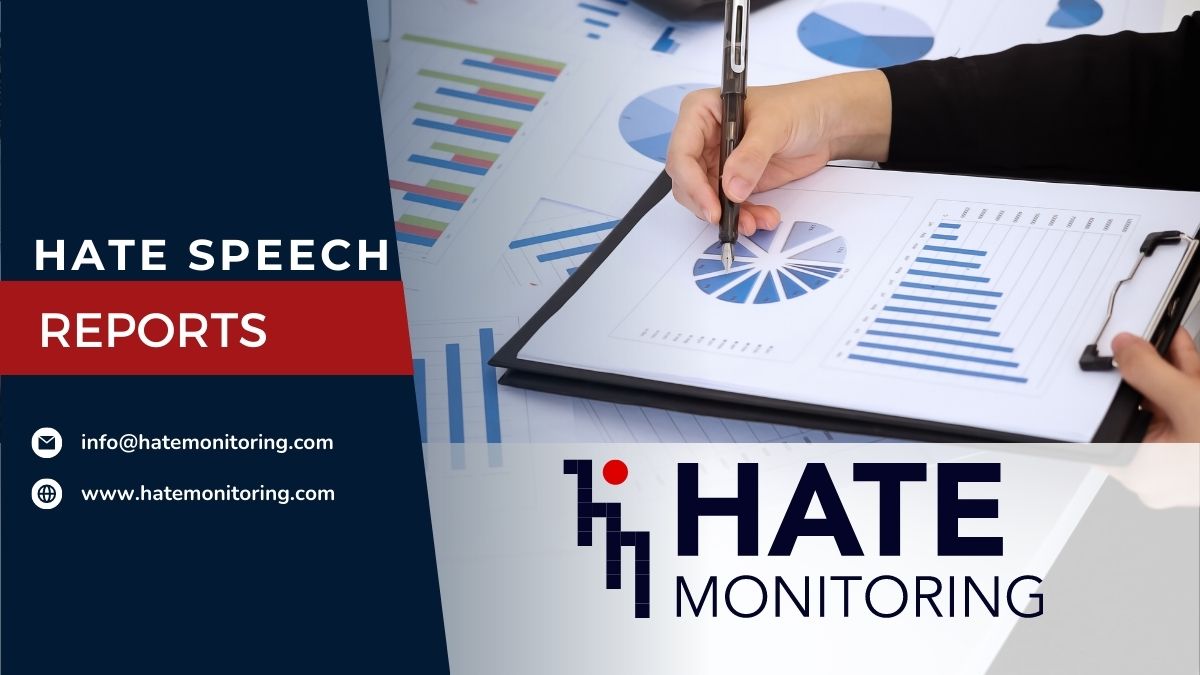Incident Information
Date of Incident: SEPTEMBER 6, 2018
Location of Incident: Turkey
Identifying information of Perpetrator(s) Doğu Perinçek, Leader of Vatan Party
Source: https://twitter.com/yagizefe/status/1037505607308378112
Hate Speech Analysis
Transcription of the hate speech statement: ”FETÖ”, we are the ones who gave that name. The name “FETÖ” was given by Vatan Party, Doğu Perinçek. The Turkish state accepted this name after 10-15 years. (’’FETÖ’’ ki o adı da veren biziz. ’’FETÖ’’ adını Vatan Partisi verdi , Doğu Perinçek verdi. Türkiye devleti de bu adı 10-15 yıl sonra kabul etti.)’’
Target group(s) of the hate speech: The hate speech in this news is directed against the members of Gülen movement and Fethullah Gülen.
Justification of the hate speech: There is no justification for hate speech. Hate speech is generally rooted in prejudice, intolerance, and a desire to demean or harm individuals based on their true or perceived affiliation, characteristics or beliefs.
Analysis of the hate speech statement: In his statement, the perpetrator uses the term “FETÖ” to refer to the Gülen movement and its members and admits that he and his party coined the term “FETÖ” for the Gülen movement. The perpetrator also says that 10-15 years later, the Turkish state also accepted the term “FETÖ”.
It is important to acknowledge that “FETÖ” is a derogatory label used by the Turkish government to stigmatize and marginalize followers of Fethullah Gülen, a Turkish Islamic scholar residing in the United States. The deliberate usage of this term on news perpetuates negative stereotypes and contributes to the stigmatization of individuals associated with the Gülen movement.
It is important to recognize that hate speech targets specific groups or individuals based on their characteristics, affiliations, or beliefs, and serves to demean, marginalize, or incite hatred towards them. By employing the term “FETÖ” to refer to individuals allegedly affiliated with the Gülen movement, the statement contributes to the amplification of discriminatory and harmful rhetoric. Such language further reinforces negative perceptions, fuels social division, fans the flame of hatred and can lead to the marginalization and discrimination of the targeted group.
Contextual information: The hate speech statement is a part of Doğu Perinçek and targeted publicly the Gülen movement. The term “FETÖ” is a derogatory term that the Turkish government coined to refer to the Gülen movement, which it deems a terrorist group responsible for a failed military coup in July 2016. Its US-based leader, Fethullah Gülen, denies any involvement in the putsch. The European Union and the United States have refused to adopt Turkey’s views on the group. The context of the post suggests a potential misuse of the term “FETÖ” to label and stigmatize individuals associated with the Gülen movement.
On September 26, 2023, the Grand Chamber of the European Court of Human Rights delivered its judgment in Yüksel Yalçınkaya v. Turkey. In the judgment, the court ruled that Turkey had violated Articles 6, 7 and 11 of the European Convention on Human Rights and that it was unlawful to prosecute the Gülen movement and its members as terrorist organizations and members of terrorist organizations on the grounds of using the Bylock application, having a Bankasya account and being a member of an association. In the verdict, the court emphasized that there were systematic problems in the evaluation of the evidence regarding the use of the Bylock application, which the judges voted 16 to 1.
The ECtHR found a violation of Article 7, stating that the charges of membership of a terrorist organization against members of the Gülen movement violated the principle of no crime without law.
Impact of the statement: The usage of the term “FETÖ” may contribute to further stigmatization and discrimination against individuals associated with the Gülen movement and be a reason to legitimize arbitrary detentions. It has the potential to perpetuate negative stereotypes and create a hostile environment for this specific group.
Conclusion
Doğu Perinçek’s statement contains hate speech due to the use of the pejorative term “FETÖ” to refer to people associated with the Gülen movement. He admits that he and his party coined the term “FETÖ” for the Gülen movement. The perpetrator also says that 10-15 years later, the Turkish state also accepted the term “FETÖ”. Hate speech targets specific groups or individuals on the basis of their characteristics, affiliation or beliefs and serves to humiliate, marginalize or incite hatred towards them. The use of such hate speech perpetuates negative stereotypes, contributes to the stigmatization of individuals and fosters an environment of discrimination and social division. It is crucial to recognize the harmful effects of hate speech and to promote responsible journalism that upholds the principles of equality, fairness and respect for all individuals, regardless of their affiliation or background.

 Tr
Tr